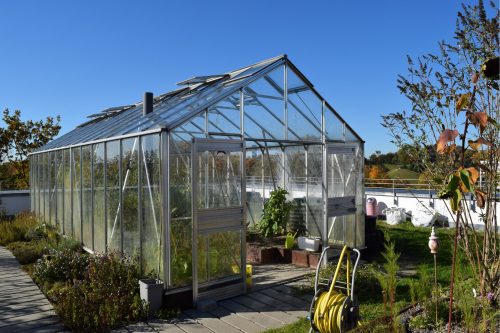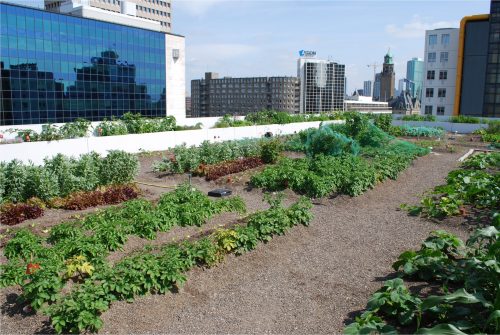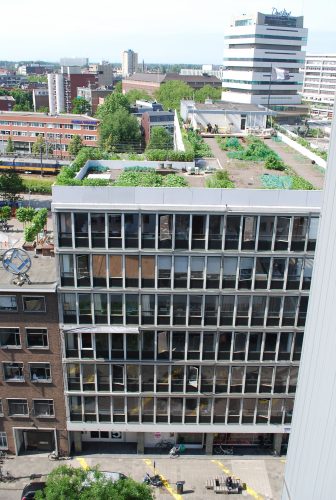Summer School 2020: Edible City Solutions: One step further towards resilient and sustainably productive cities
This year, the Summer School 2020 on IRI THESys is co-organized by EdiCitNet and held from 27th of September – 2nd of October 2020 either online or in person. Regarding the current COVID-19 situation, if the summer school takes place in person in Berlin, we will comply with all necessary hygiene measures to high standards. The ECS summer school aims to create your own Edible City Solution that best suits the existing local conditions. According to the broad portfolio of possible ECS, you will develop in transdisciplinary groups a number of different ECS that reflect the complexity along all sustainability dimensions. The further we progress this week, the more complex it will be to always hit all the main pillars for ECS – or the easier it will be?
The ECS summer school adapts successful aspects of common summer school formats and modifies traditional elements such as frontal teaching and long presentations with small group work, practical exercises in fixed small groups (4-5 participants), inclusivity, activating moments and transdisciplinary cooperation. The basic idea of the ECS Summer Schools is to work together (academic and non-academic community) over several days on a complex and self-contained ECS topic, taking into account the different perspectives of the different urban actors. Therefore “experts/sponsors” give first presentations on ECS topics to students, teachers or other professionals, combined with collaborative working formats. The ECS Summer School thus merges two main streams of summer school formats – the more academic and the community oriented ones – with summer schools for the general public, which do not include exams and are not intended for study purposes.
You will find further information on the agenda of the summer school online: https://www.iri-thesys.org/events/summer-school/2020/summerschool2020

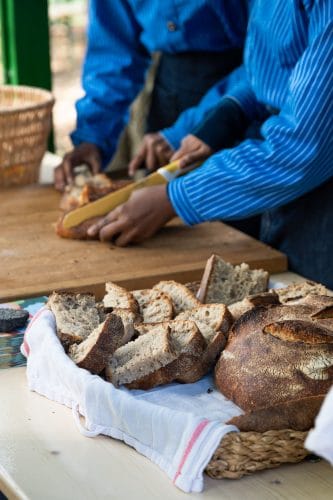
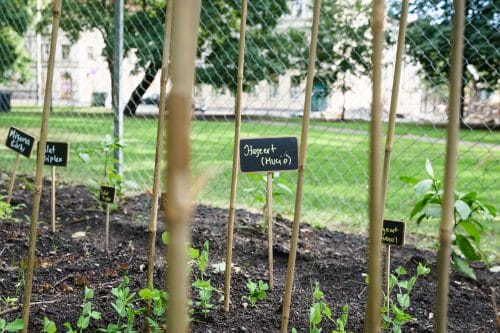
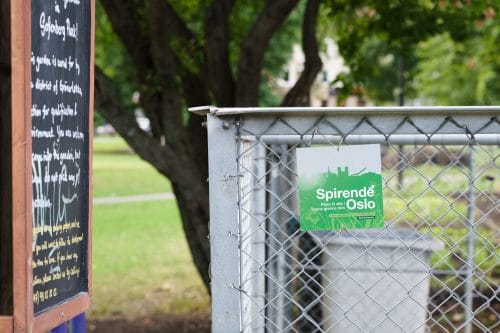
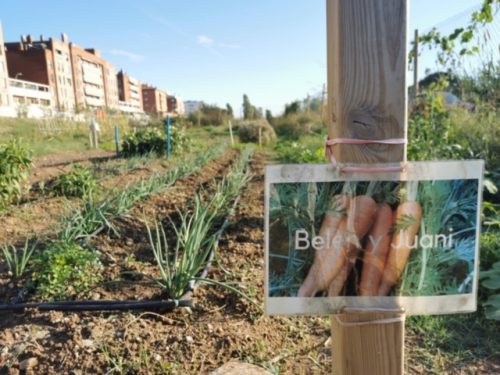 After the exchange of experiences, the members of the EdiCitNet consortium and the event attendes (representatives of the City Council and the city team) visited the referenced projects that integrate edible natural solutions in the municipality of Sant Feliu, the urban and peri-urban gardens of the Parc Agrari of Baix Llobregat and the social gardens nearby the Parc Agrari. This ECS combines the recovery of an urban space for agriculture and labor insertion. The visit was conducted by the director of the Solidarity Foundation of the University of Barcelona, a foundation that launched the social garden project, and a technician of the NGO Tarpuna (project manager).
After the exchange of experiences, the members of the EdiCitNet consortium and the event attendes (representatives of the City Council and the city team) visited the referenced projects that integrate edible natural solutions in the municipality of Sant Feliu, the urban and peri-urban gardens of the Parc Agrari of Baix Llobregat and the social gardens nearby the Parc Agrari. This ECS combines the recovery of an urban space for agriculture and labor insertion. The visit was conducted by the director of the Solidarity Foundation of the University of Barcelona, a foundation that launched the social garden project, and a technician of the NGO Tarpuna (project manager).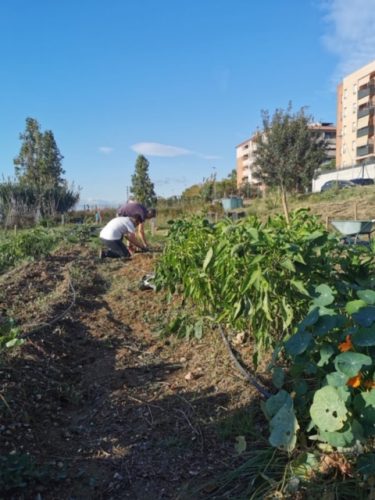 t, the beneficiaries of the project are long-term unemployment, as well as young people with difficulties in finding a job, who have accessed the project through the Municipal Social Services. These social gardens contribute to the well-being of people, both in the field of health and food, since the grown products are for personal consumption. The social garden project is an integrative solution for people at risk of social exclusion, as it improves the coexistence and social cohesion of the users, increase personal autonomy and self-esteem, help creating social networks, encouraging collective work, enhance local food and organic farming, as well as promoting healthy lifestyle habits.
t, the beneficiaries of the project are long-term unemployment, as well as young people with difficulties in finding a job, who have accessed the project through the Municipal Social Services. These social gardens contribute to the well-being of people, both in the field of health and food, since the grown products are for personal consumption. The social garden project is an integrative solution for people at risk of social exclusion, as it improves the coexistence and social cohesion of the users, increase personal autonomy and self-esteem, help creating social networks, encouraging collective work, enhance local food and organic farming, as well as promoting healthy lifestyle habits.